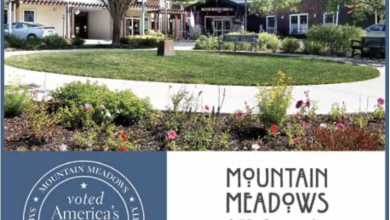Hold On To Your Hats!
There’s a saying that goes “March winds and April showers bring forth May flowers.” The winds came early for us here at the Greenhouses, as well as for the surrounding area. We held on tight and made it through what was hopefully the worst of it opening our doors for the 2023 season on January 10th. Our staff have been busy planting thousands of annuals and perennials as well as our popular Fuchsia and New Guinea Impatiens baskets. Our retail store is stocked with fun new metal art for your yard, loads of great pots in a variety of sizes and colors, plant food, and much more. Our Primroses are looking and smelling lovely, we carry an incredible array of Succulents that are fun to grow in unusual containers, and our Cyclamen are blooming with perfect colors for Valentine’s Day. Add one of our gift cards and it’s a “sweetheart” of a gift for the gardener or gardeners in your life.
February is the third and last month of meteorological winter in the Northern Hemisphere, American Heart Month, and National Bird Feeding Month. What better way to take care of your heart than gardening, feeding birds and connecting with nature. And of course, I can’t forget to mention that Groundhog Day is on Thursday, February 2! Will he see his shadow?!
As you are patiently waiting for planting time, February is a great month for making preparations that will keep things moving smoothly once the season kicks into high gear. Prior to getting out and working the soil, be sure all your tools are thoroughly cleaned and sterilized. Any leftover plant sap or dirt and debris from the previous season can hold bacteria or fungal spores. A soak for about 30 minutes in a solution of 10% bleach to 90% water will do the trick. A good coat of oil between uses will keep your tools from building up rust.
If you had problems with caterpillars or cutworms last year, you should thoroughly weed your beds and then turn the top 6-8 inches of soil over to find any pests that overwintered. Work any cover crops into the soil so they have time to decompose before planting. Do a soil test and a pH test to see what your beds are going to need. You can loosen compacted soils by adding perlite, vermiculite, and compost. Your raised beds and containers may also need more soil.
Be sure to come by and say hello, check out the metal art, and have a chat about the upcoming season. I’m always happy to trade tips and tricks, answer any questions you may have and share some funny gardening stories. Interested in joining our team here at Ashland Greenhouses? Grab an application online at www.ashlandgreenhouses.com or stop by to fill one out.
Hope to see you soon!
Rona Jackson




